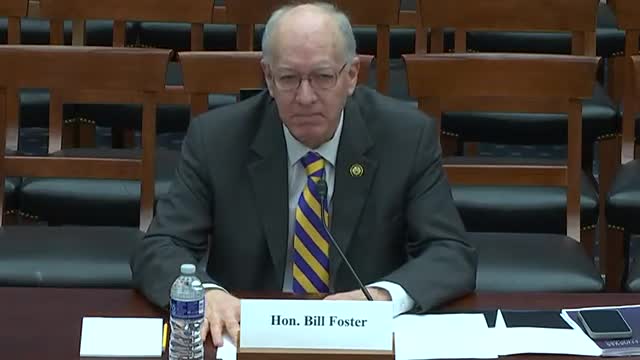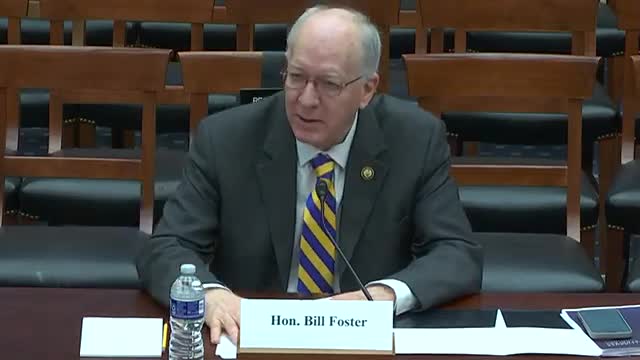Article not found
This article is no longer available. But don't worry—we've gathered other articles that discuss the same topic.

Rep. Riley defends Chips and Science Act as vital to rebuilding manufacturing; witness warns automation will reshape jobs

Witness warns AI is accelerating scientific work and urges committee oversight and standards leadership for NIST

